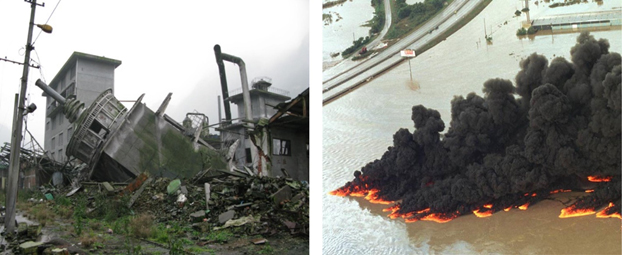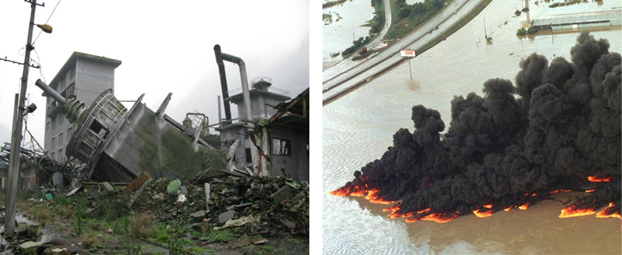Thinking the unthinkable: a perspective on Natech risks and Black Swans

date: 22/06/2021
permalink: Main URL
Technological accidents are a threat to the population, the environment and the economy. Occasionally, the notion of “Black Swan” event is applied to such accidents as an explanation for why they could not be prevented. By their very nature, Black Swans are considered extreme outliers which are impossible to anticipate or manage. However, technological accidents are generally foreseeable and therefore preventable when the associated risk is managed responsibly and when warning signs are not ignored. Consequently, such accidents cannot be considered Black Swans. The authors contend that the same holds for technological accidents triggered by natural hazards (so-called Natech accidents) which usually result from a lack of corporate oversight and insufficient application of state-of-the-art knowledge in managing the associated risk. They argue that the successful reduction of Natech risk requires a corporate mindfulness of the risk and the need to address it using updated approaches, the recognition that organizational behaviour influences the risk significantly, and risk ownership that departs from the “Act-of-God” mind-set which much of the discussion around natural hazards is fraught with. The study also highlights the importance of scientific research and knowledge management to reduce risks.

Left: Collapsed structure at a fertilizer producer due to the 2008 Wenchuan earthquake in China (Photo © E. Krausmann); Right: Burning oil from a breached pipeline caused by flooding of the San Jacinto River in Houston, TX, in 1994 (Photo © U.S. Geological Survey).
